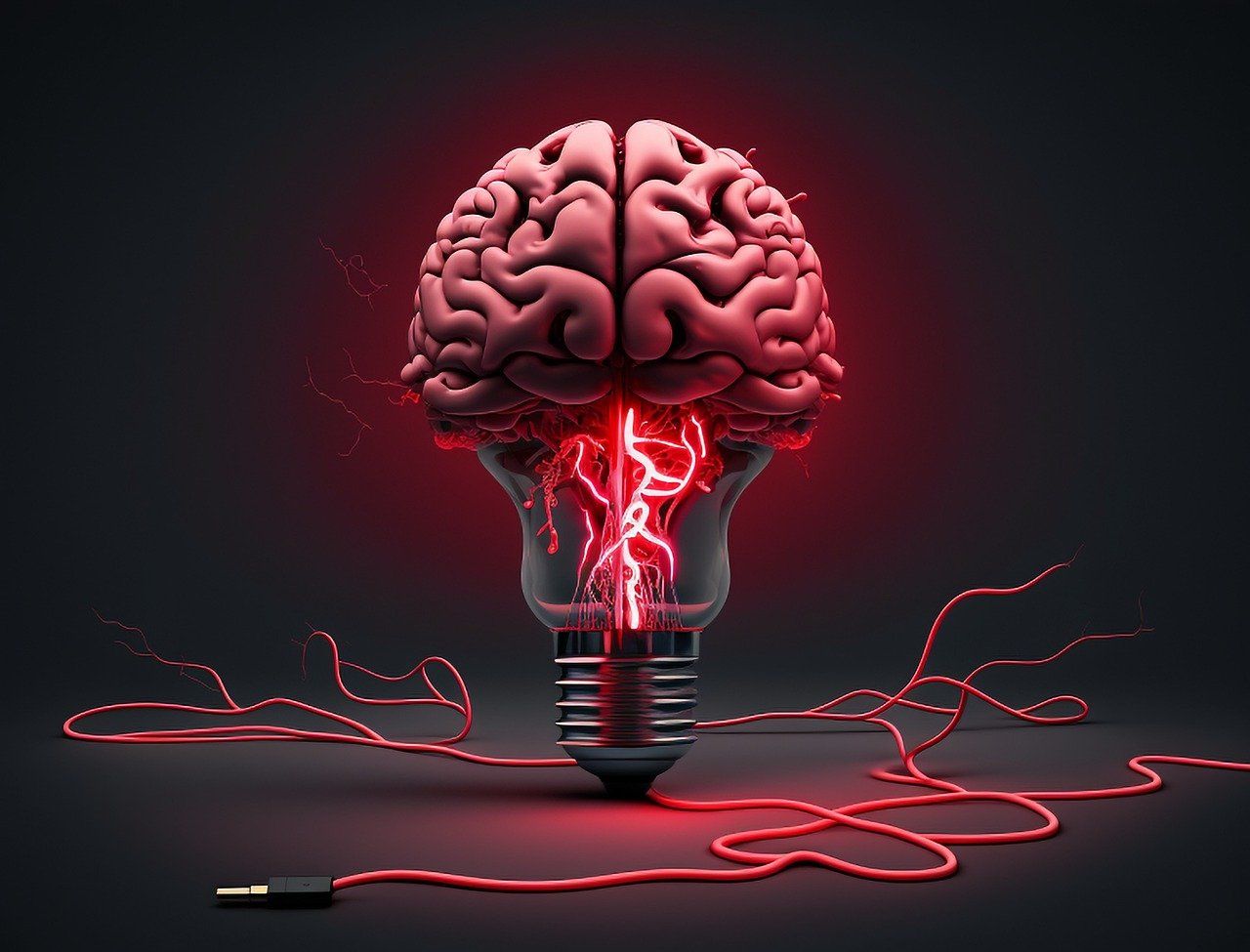Transcranial stimulation may reduce anxiety and depression
Published by Cédric,
Article author: Cédric DEPOND
Source: Brain Stimulation
Other Languages: FR, DE, ES, PT
Article author: Cédric DEPOND
Source: Brain Stimulation
Other Languages: FR, DE, ES, PT
Follow us on Google News (click on ☆)

Illustration image from Pixabay
The study, published in the journal Brain Stimulation, examined data from the ACT (Augmenting Cognitive Training in Older Adults) trial, involving 378 participants aged between 65 and 89 years old. Those who received active tDCS showed a significant reduction in symptoms of depression and anxiety compared to those receiving a placebo treatment.
tDCS involves applying a mild electric current to specific areas of the brain through electrodes placed on the scalp. This technique aims to modulate brain activity associated with mood regulation. The researchers found that even participants with mild symptoms of depression or anxiety experienced benefits from tDCS. Moreover, participants suffering from severe anxiety continued to perceive an improvement in their symptoms one year after their tDCS session.
Dr. Adam Woods, co-author of the study, emphasizes the importance of finding non-invasive treatment options for the elderly. He notes that tDCS could offer long-lasting benefits for some individuals, highlighting the need to customize treatment approaches based on individual characteristics.